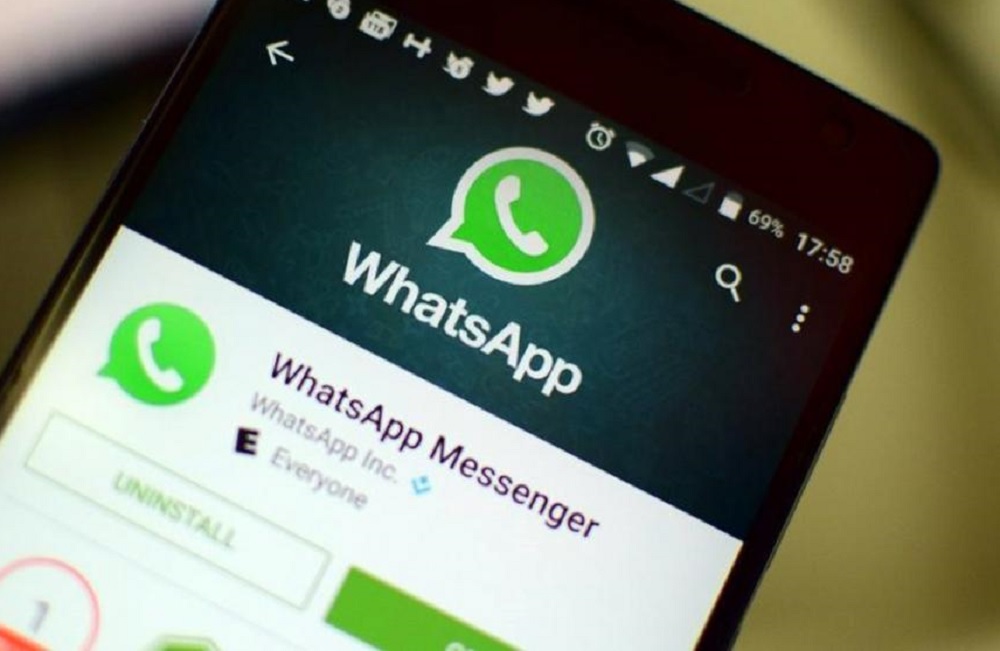RIO DE JANEIRO, BRAZIL – WhatsApp has been preparing to release access to the same account across multiple devices, including iPhone, iPad, Android, and Windows PCs.
Confirmation of registration will be required through a code, just as it is today. The App will maintain its end-to-end encryption by default, through a new method for security keys.

WABetaInfo has found that the WhatsApp Beta for Android (version 2.19.345) contains a hidden message in its code: “the list of recipient devices has changed; touch Check to confirm the new security code”.
Currently, WhatsApp does not allow a list of devices, as users can only use their account on one cell phone (open on no more than one tab of the web browser).
WhatsApp Beta for iOS (version 2.19.120.20) also unveiled something important: to register a new device with the same account, entering a verification code is required, just as it is today.
In addition, the users’ original device will receive a notification when someone does this: “a WhatsApp registration code has been requested for your mobile number; if you have not requested such a code, do not share it with anyone”.
WhatsApp will use a new encryption method
According to WABetaInfo, WhatsApp is developing a new method that assigns protection keys to specific devices, because end-to-end encryption depends on private keys that are present only locally (in addition to public keys).
Using both the public and private keys together is required to show the encrypted content. For instance, when user A sends a message to user B, the following occurs: the message is encrypted using the private key of user A and the public key of user B; Once received, the message is decrypted using the public key of user A and the private key of user B.
The beta code specifies that WhatsApp will allow you to use the same private key on more than one device. This way, users can see end-to-end encrypted messages on their Android phone and iPad, for instance – there will be a version of the app for Apple tablets.
In contrast, Telegram uses end-to-end encryption only in secret chats, which are restricted to a single device (like WhatsApp). By default, it uses client-server/server-client encryption and stores messages in the cloud.
CEO Pavel Durov notes, however, that all WhatsApp content is usually saved decrypted in an iCloud or Google Drive backup.

